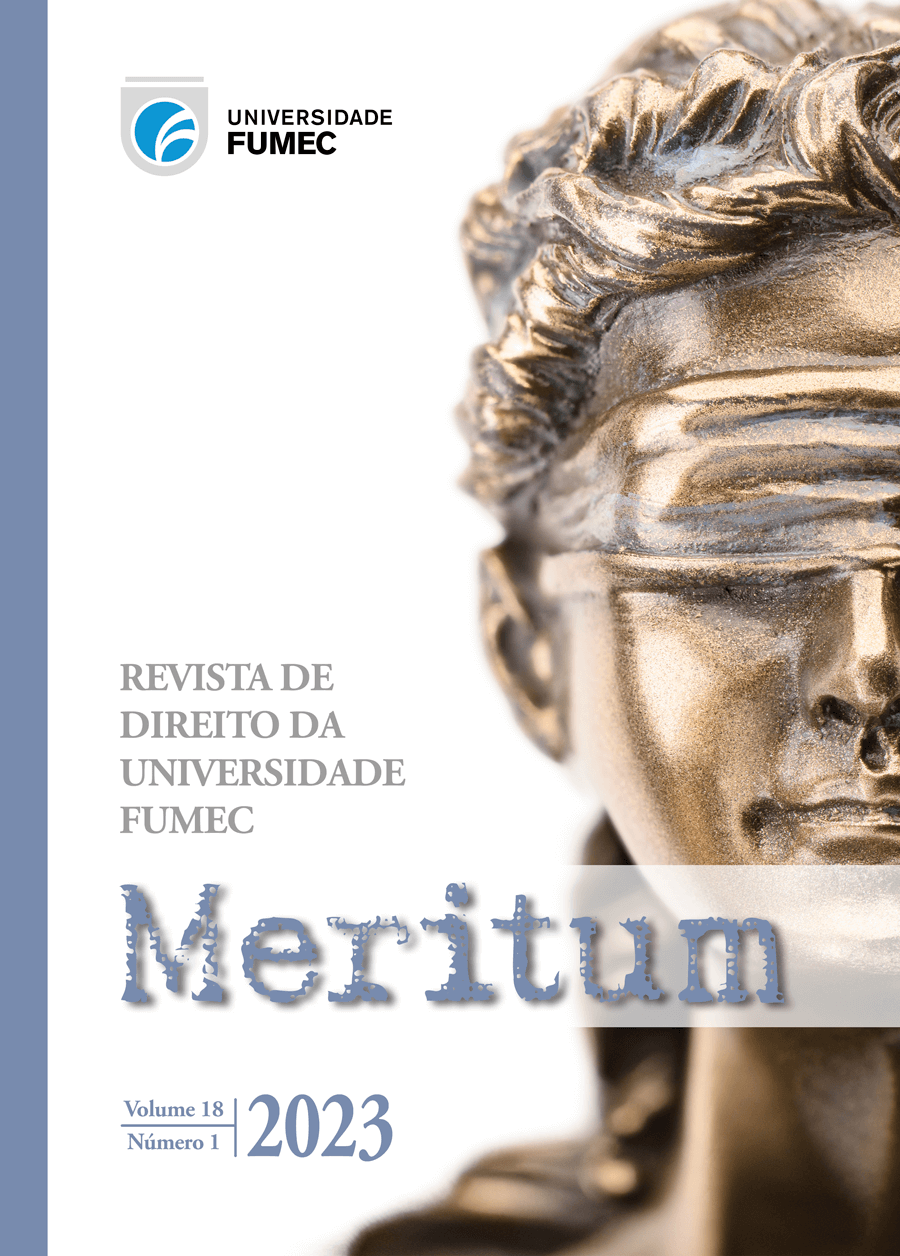UMA ANÁLISE DA IMPLANTAÇÃO DA LICENCIATURA TEKO ARANDU NA UNIVERSIDADE FEDERAL DA GRANDE DOURADOS (UFGD) COMO INSTRUMENTO DE PROMOÇÃO A EDUCAÇÃO DIFERENCIADA INDÍGENA
DOI:
https://doi.org/10.46560/meritum.v18i1.8706Abstract
the work aims to analyze the implantation of the Teko Arandu Degree at the Federal University of Grande Dourados, UFGD, as an instrument to promote the right to differentiated education. The primary contribution of the research is the 1988 Constitution, which establishes the right to education as a social right, recognizing the indigenous uses, customs and traditions in the caput of article 231. The secondary contribution is the infraconstitutional rules that regulated differentiated education as the Law 9,396 / 1996, Interministerial Ordinance 559/91, and Ordinances 60/92 and 490/93. The specific objective is to investigate how the Intercultural Degree course Teko Arandu, at UFGD, promotes differentiated education, through higher education of Guarani and Kaiowá teachers destined to work in indigenous basic education schools. As a general objective, there is the analysis of infraconstitutional norms that made it possible to create an intercultural course for indigenous people in a public educational institution. The hypothetical deductive method is used through the following question: how is the Intercultural Licentiate course Teko Arandu an instrument to promote differentiated education? The methodological procedures used were the bibliographic and descriptive survey.
Downloads
Published
Issue
Section
License
Autores que publicam nesta revista concordam com os seguintes termos:
- Autores mantém os direitos autorais e concedem à revista o direito de primeira publicação, com o trabalho simultaneamente licenciado sob a Licença Creative Commons Attribution que permite o compartilhamento do trabalho com reconhecimento da autoria e publicação inicial nesta revista;
- Autores têm autorização para assumir contratos adicionais separadamente, para distribuição não-exclusiva da versão do trabalho publicada nesta revista (ex.: publicar em repositório institucional ou como capítulo de livro), com reconhecimento de autoria e publicação inicial nesta revista;
- Autores têm permissão e são estimulados a publicar e distribuir seu trabalho online (ex.: em repositórios institucionais ou na sua página pessoal) a qualquer ponto antes ou durante o processo editorial, já que isso pode gerar alterações produtivas, bem como aumentar o impacto e a citação do trabalho publicado (Veja O Efeito do Acesso Livre).






